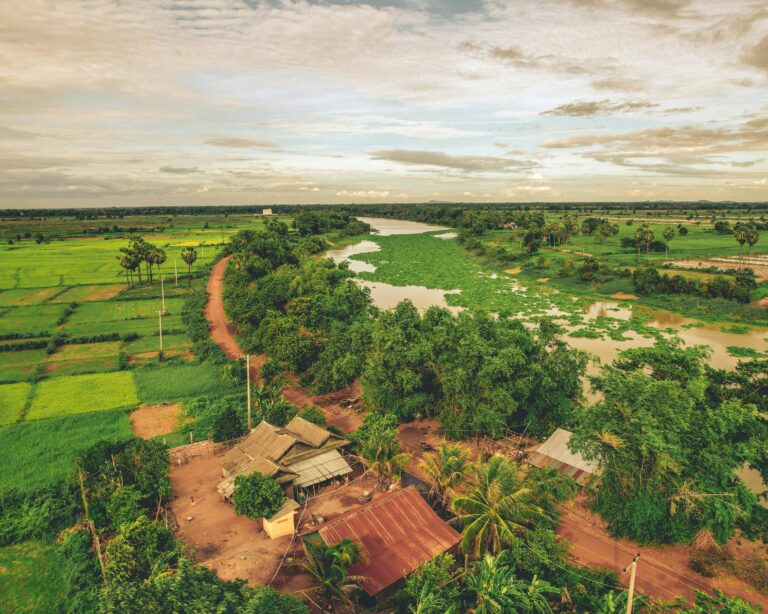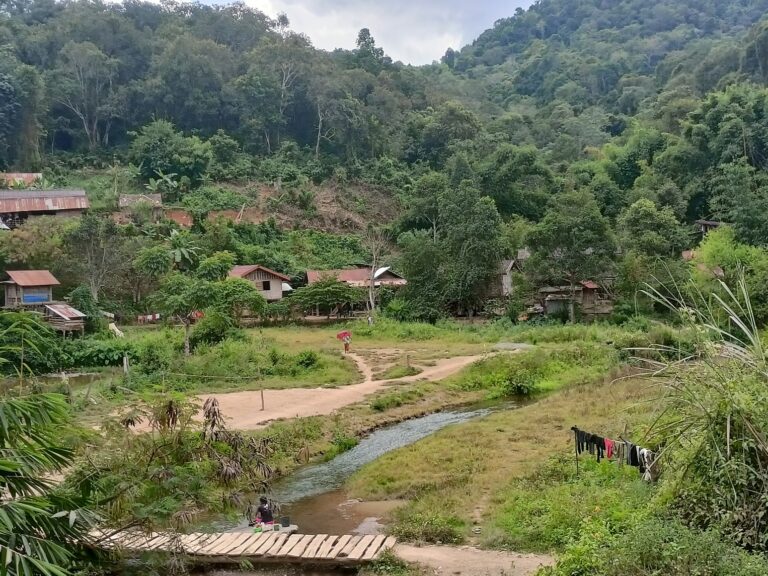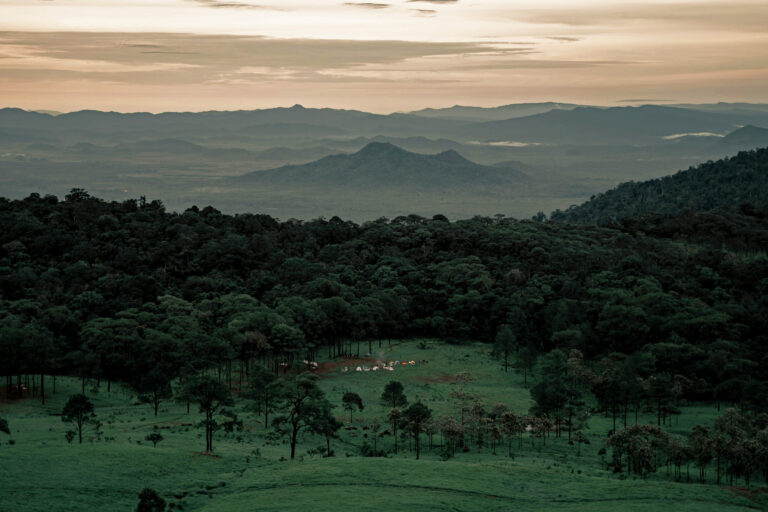Project Context:
Fiji’s coastal habitats—including estuaries, mangroves, seagrass beds, coral reefs, and intertidal flats—are rich in biodiversity but increasingly under threat. These ecosystems are highly vulnerable to climate change impacts such as sea-level rise, storm surges, and cyclones. Communities along major rivers like the Rewa, Sigatoka, and Ba depend on these waterways for agriculture, fishing, and transport, but face growing challenges, particularly due to declining water quality.
Ecosystem degradation and climate impacts disproportionately affect rural and remote communities—especially women, children, persons with disabilities, and other marginalized groups. Strengthening their resilience is therefore essential.
To address these challenges, Fiji’s Ministry of Environment and Climate Change, with support from the Global Green Growth Institute (GGGI), is implementing the Green Climate Fund Readiness project: “Mainstreaming Adaptation Planning at the Local Level in Fiji.” The project supports the National Adaptation Plan by integrating climate adaptation into local planning in four key areas: coastal zones, infrastructure, fisheries, and climate-smart agriculture.
As part of this initiative, diagnostic assessments are underway in 12 coastal and riverine communities across the Ba, Lau, Lomaiviti, Nadroga-Navosa, Serua, and Tailevu provinces. These assessments aim to identify drivers of environmental degradation and explore nature-based and other adaptation solutions to safeguard both communities and the ecosystems they depend on.




